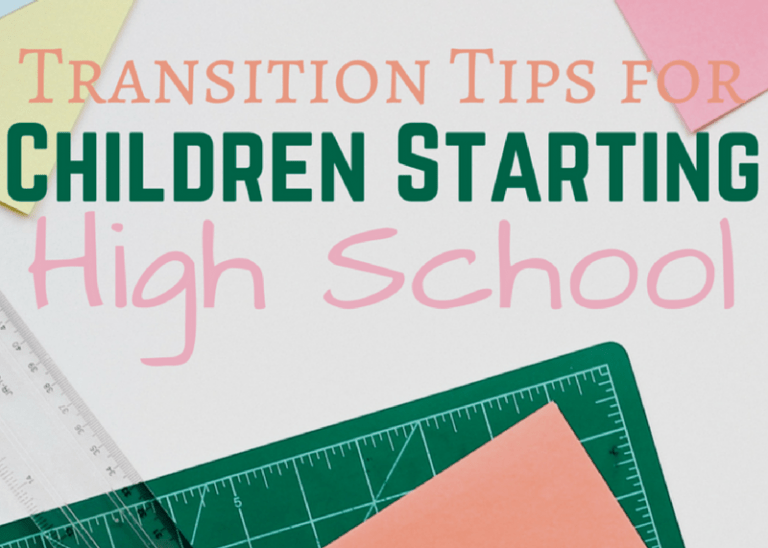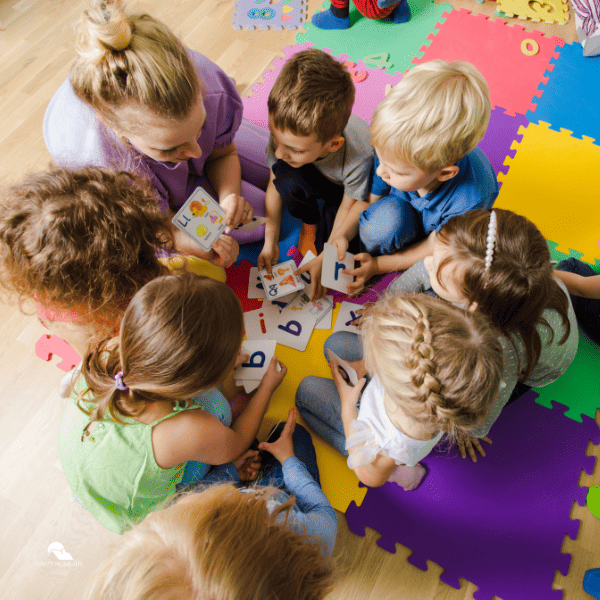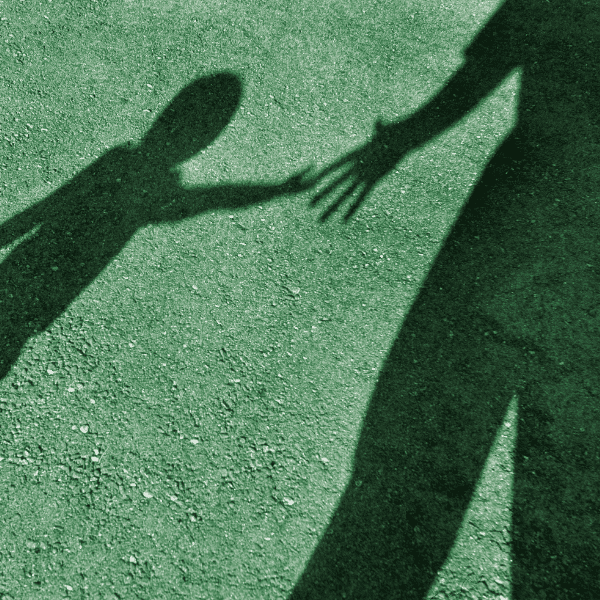The fact that a child has passed through kindergarten and is at school now is a sign of a significant event in his life. This brief time of transformation is so important for the kids that this is their first step into formal education.
This is a time of smiles, wonder, and sometimes, fear for both children and parents, among other things.
This article is targeted to bring out the necessity of a well-ordered transition from the home to the school in the early years and to propose methods of easy and effective transport of children in this process.
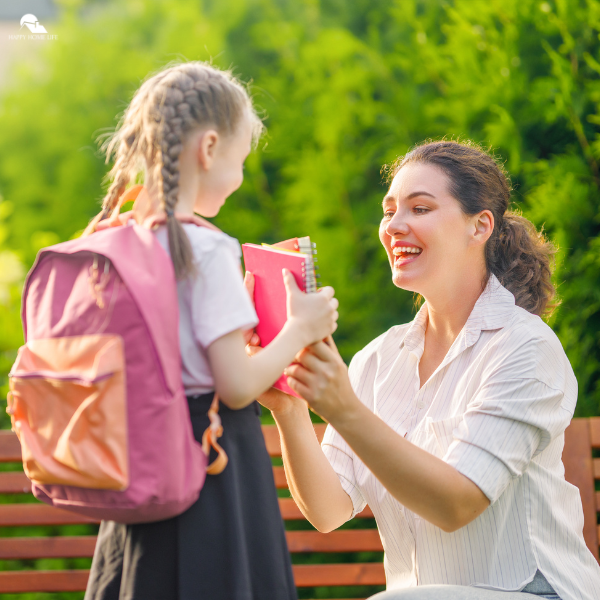
Understanding the Importance of Transition
The transition from the home to the school is far beyond the mere change of place. It signifies a change in the kids’ daily program, the way they socialize, and the environment they live in.
A very well-managed transition of inclining is the cornerstone of the later academic and social development of the child. This makes them know how to place with other kids, enhances their self-esteem, and boosts the right attitude to the learning process.
Preparing Children for School
The preparation is the main essay of the easy track. The most crucial part of this process is the parenting and caretaking duties. The way they can initiate this is by establishing at home the same procedures used by the school.
Thus, the children have to eat, sleep, and have activities that are conducive to learning through play. The utilization of ‘diary’ and similar activities is an effective approach through which children may recognize school as a common thing in their lives.
Building a Bridge Between Home and School
The similarity of the school to the domestic setting is a plus. Quite often, schools hold orientation days in which parents, as well as the newest members of faculty and their students, are booked for welcome sessions.
These events allow kids to walk around their rooms and to meet their teachers in a relaxing environment. The help of parents can be counted on as they are to give their friends all the information, such as that school is fun and that it will be a very exciting part of their lives.
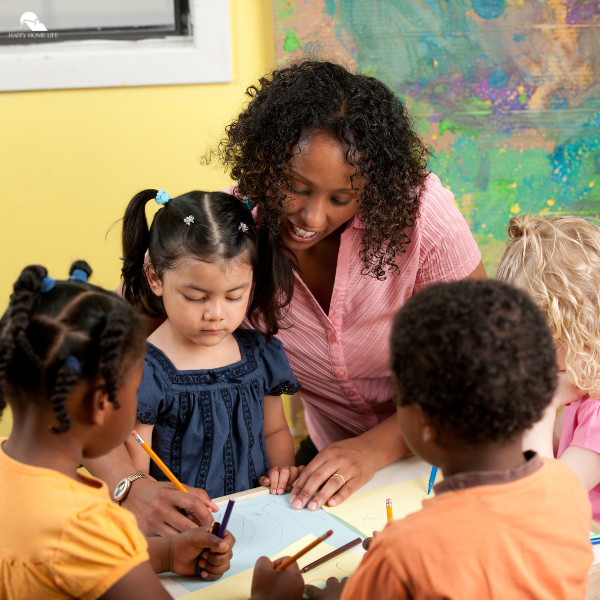
The Role of Educators
In this process, the role of education is regarded as basically necessary and irreplaceable. It is possible for teachers to generate an atmosphere of learning in their classroom that is comfortable and nurturing.
The introduction of some familiar elements from home, such as comfort objects or family photos, can help children feel more secure. The use of circuits by teachers can help students feel like they belong to groups.
This can make students feel more connected to their classes. Using circuits can bring students together and help them feel like they are part of the class.
Addressing Emotional Needs
One must not overlook the emotional aspect of the transition process to be found in the child’s ascension from preschool to school. Some kids can suffer from separation anxiety when coming to school, or they may be overwhelmed when getting there.
Adults must acknowledge these feelings and help children deal with their feelings. For example, talking to them, providing reassurance, and keeping their everyday routines can aid them in dealing with their anxiety.
Conclusion
To most people, the process of transition is not only a change of location but also an adaptation to new schedules, socializing styles, as well as learning environments.
Success is attributed to the creation of a supportive and caring environment that honors the individual requirements of each child, a philosophy embraced by institutions like Global Explorers Early Learning.
With the help of the right preparation and guidance, children can adapt to this new phase in their lives, all set to explore, learn, and grow.


